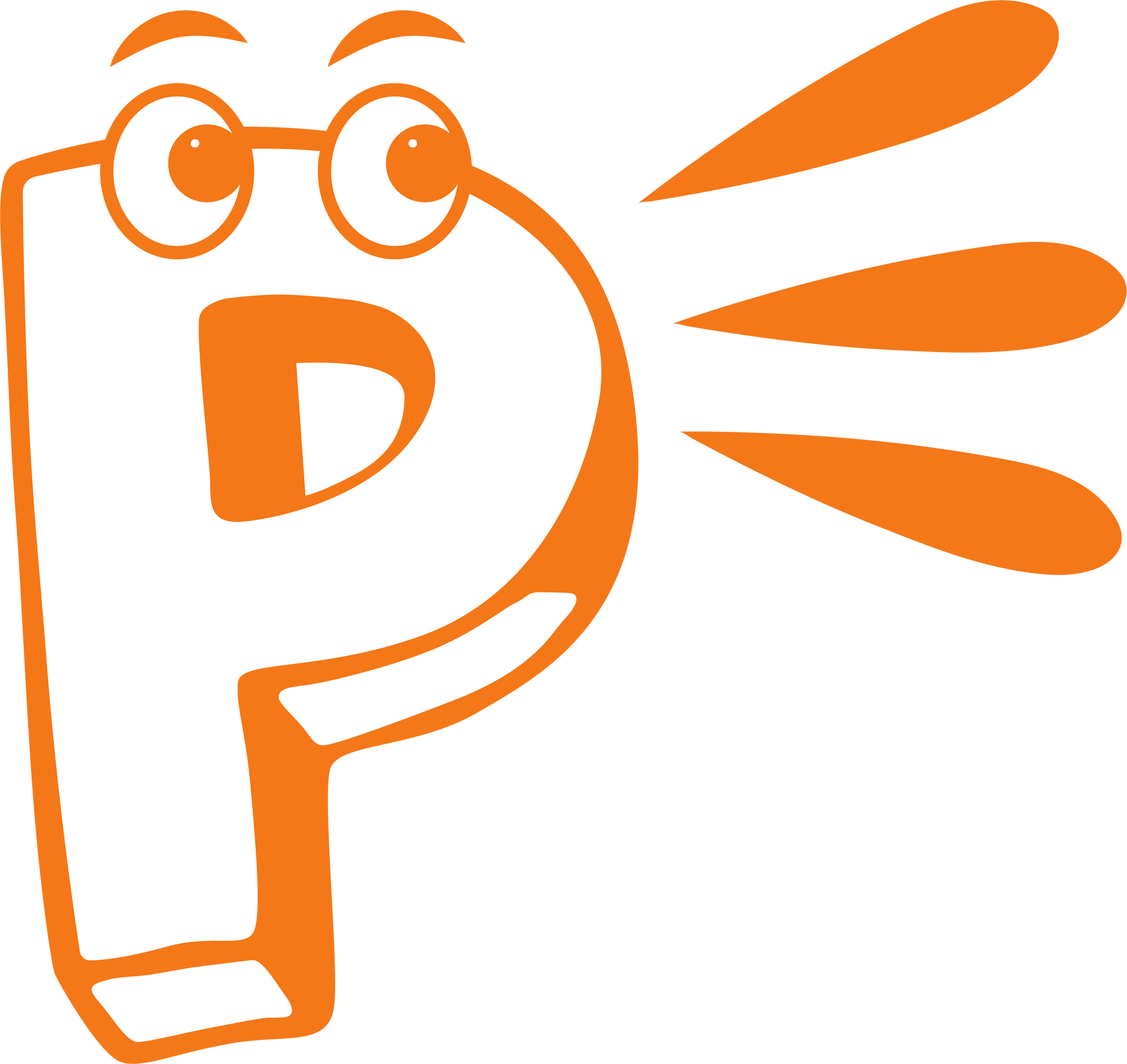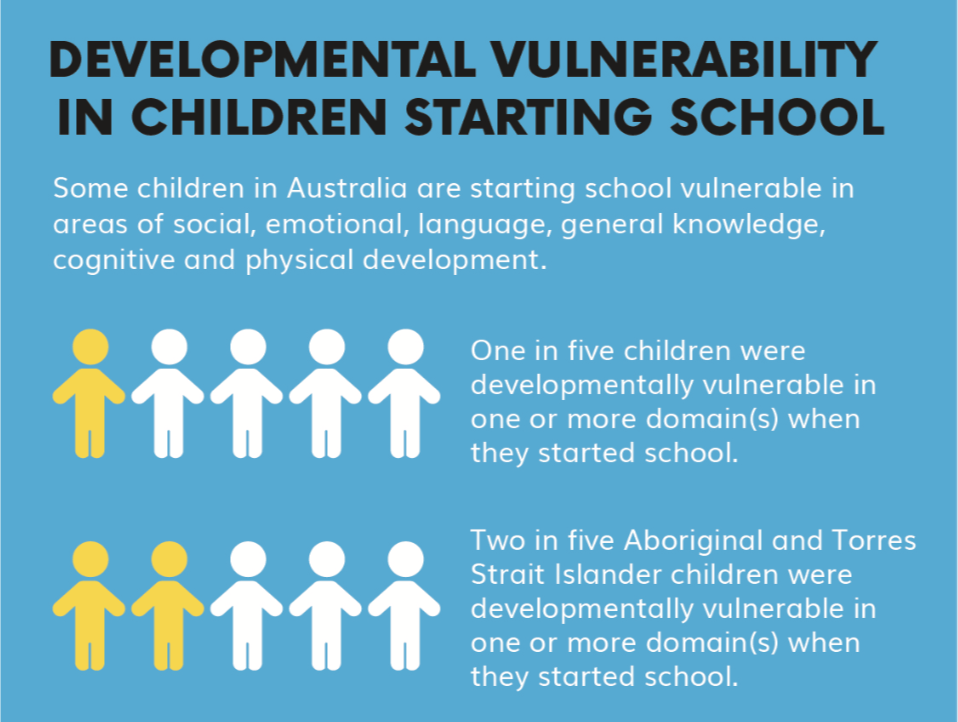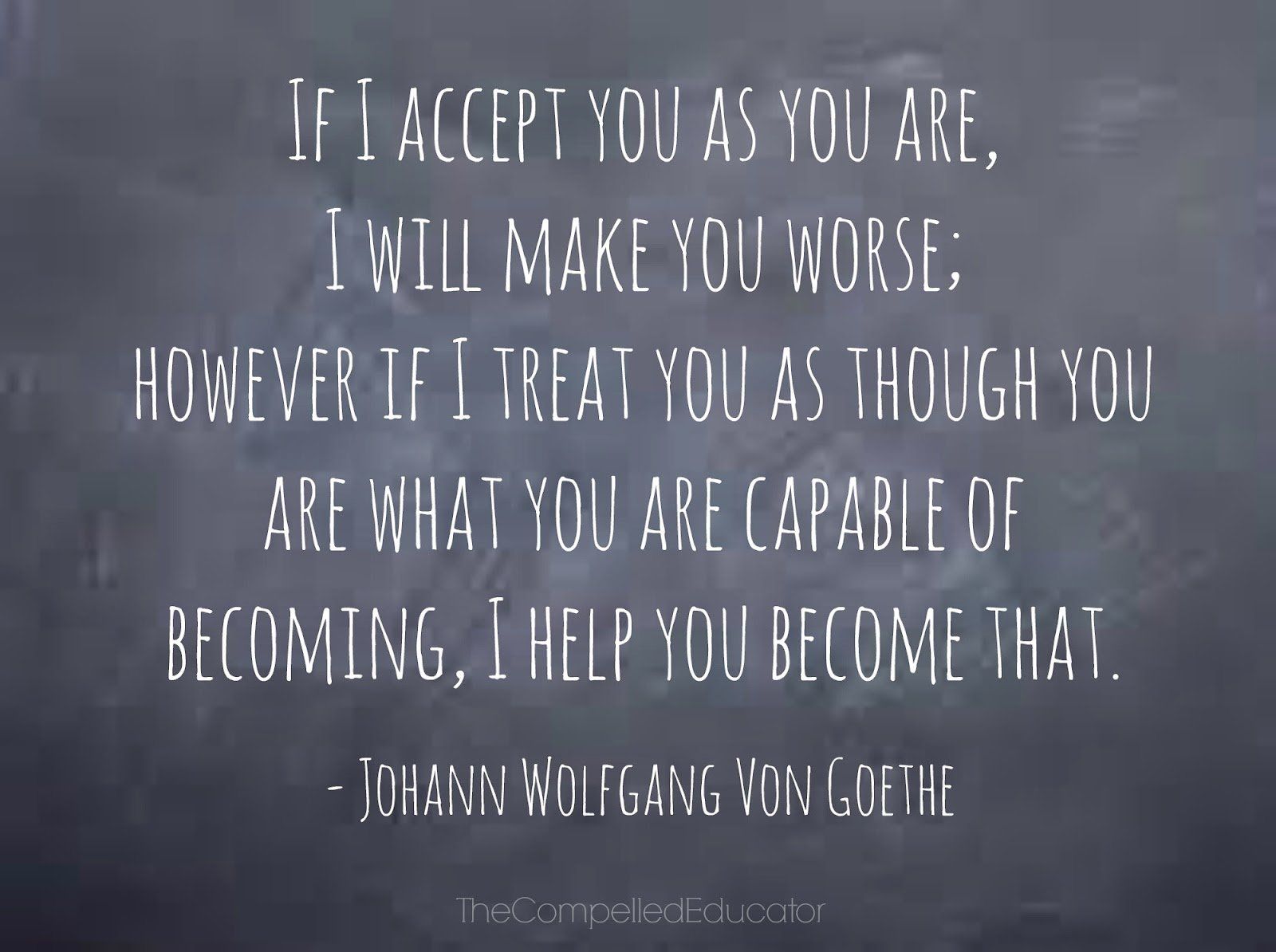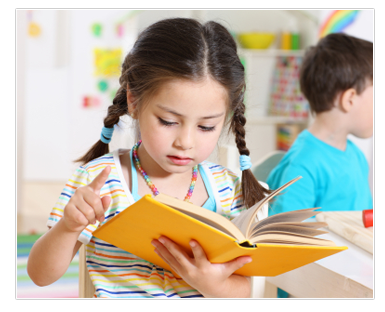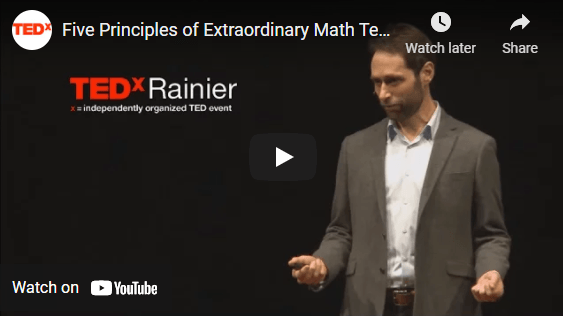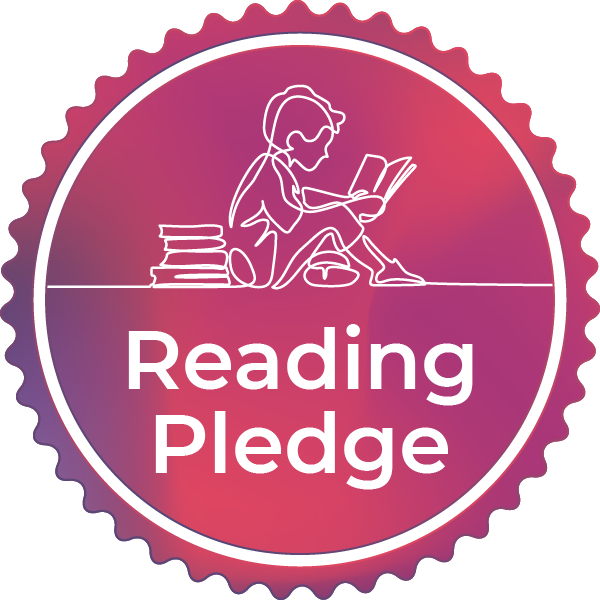10 Things to Know About the Difficulties in Reading
Dive into the top 10 must-know insights about nurturing your child's reading journey! From decoding the secrets of literacy to supercharging oral language skills, discover the keys to success and why some kids face reading hurdles. Get ready for a journey into the heart of raising confident young readers!
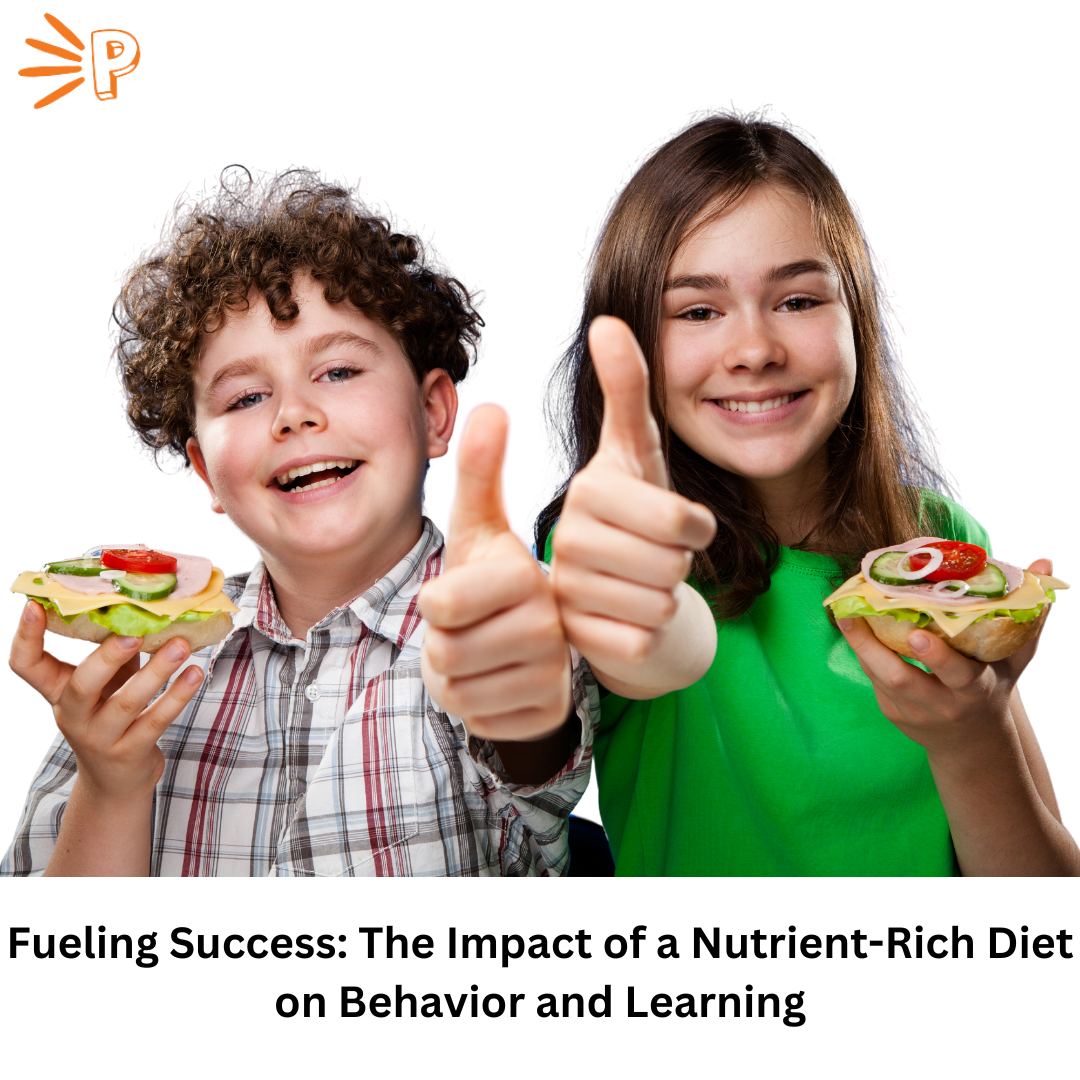
In our fast-paced world, where academic and behavioural challenges often go hand in hand, one powerful solution may be on our plates. Emerging research suggests that the link between a nutrient-rich diet and improved behaviour and learning outcomes in children is more significant than we might have imagined.

Recently I have come across students in the upper primary years struggling with motivation concerning reading for comprehension rather than reading just to finish the text. This idea may sound very simple, like don't we all read to understand? Well, no, not always, reading for understanding and to then apply the knowledge is a learned skill and a very complex one also. It requires the reader to have the motivation to understand what they are reading, and the best way I have found to give this to students is through purpose. Giving students purpose and goals that they understand and feel are achievable; this is essential in this recipe to success.

All too often assessment and testing become a definite concern for many parents, understand how to assess student knowledge if not done via a test is often not completely understood. I'd like to share today an assessment problem I'll be giving to some of my students that have started on their journey towards understanding fractions in the fullest way possible. My core beliefs are that the way to teach fundamental skills in mathematics, is to teach the concept in a way that reflects understanding; what I mean is it isn't enough to teach students how to add fractions by way of a process. We need to teach in a way that produces an understanding that will be used later in student education to support more complex concepts within the same subject.

As a teacher, I have seen many cases where confidence has affected academic results in a negative way. This is unfortunate as students have the ability to perform at a higher standard but often can't due to low confidence and self-esteem. Confidence is a vital factor in academic success for most students. The majority of the students I see are struggling with a lack of confidence; this can sometimes come across to educators and parents as an unwillingness to learn. Don't mistake your child's lack of self-esteem for an unwillingness to learn. I have seen many behavioural issues in the classroom, as well as lack of participation, come from a lack of confidence.
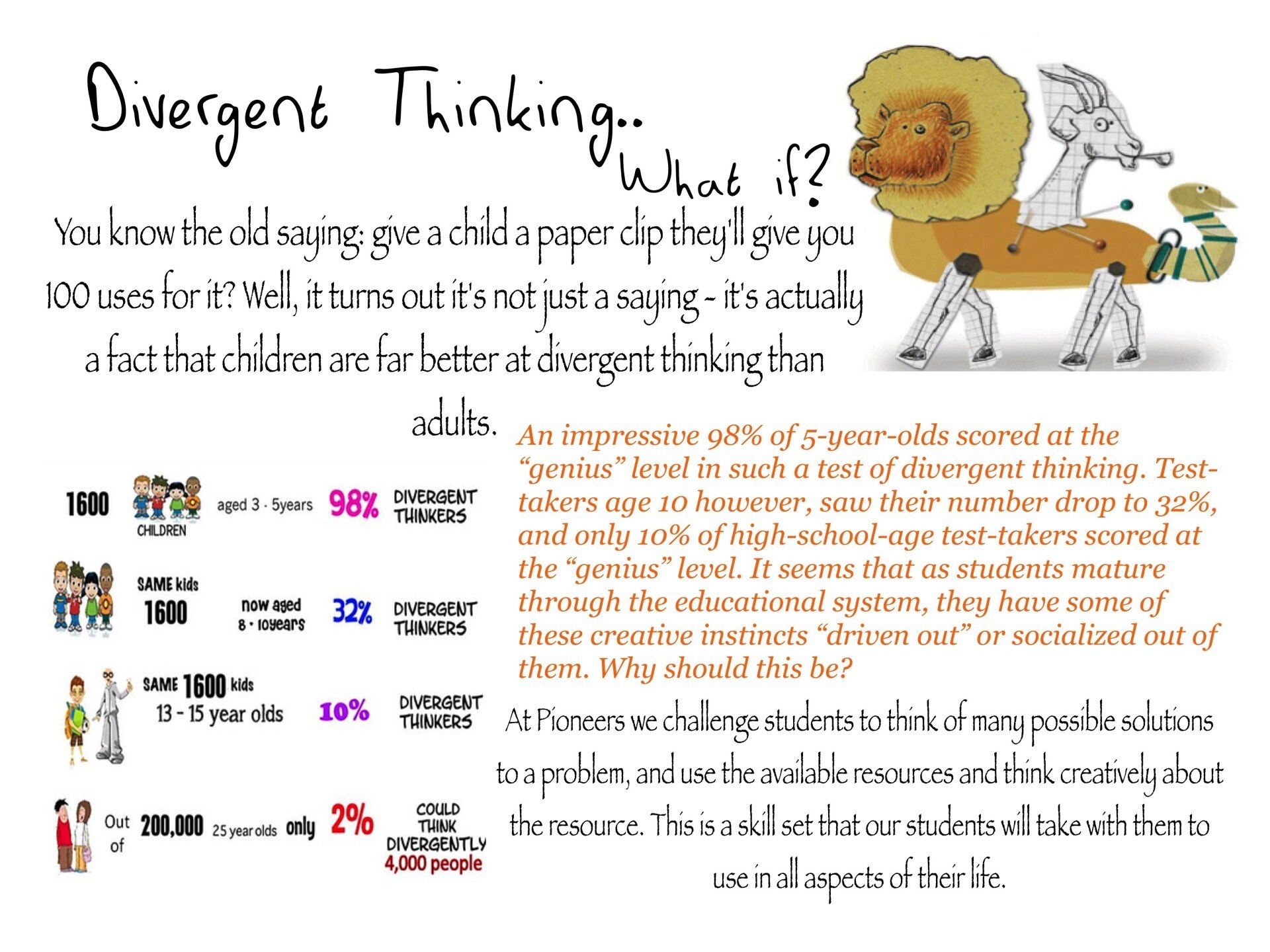
The word divergent is partly defined as "tending to be different or develop in different directions." Divergent thinking refers to the way the mind generates ideas beyond proscribed expectations and rote thinking -- what is usually referred to "thinking outside the box," and is often associated with creativity. Convergent thinking, on the other hand, requires one to restrict ideas to those that might be correct or the best solution to a problem.

